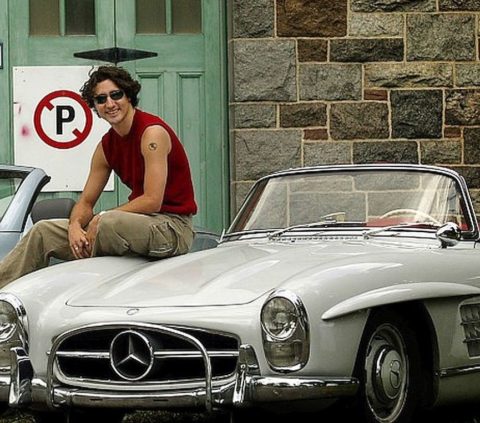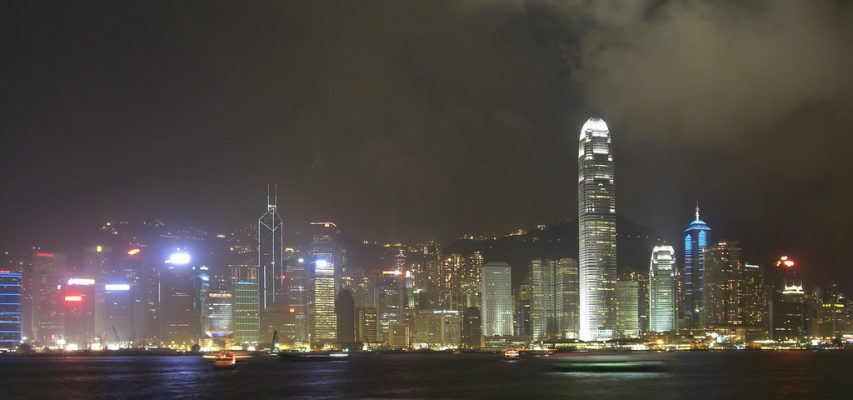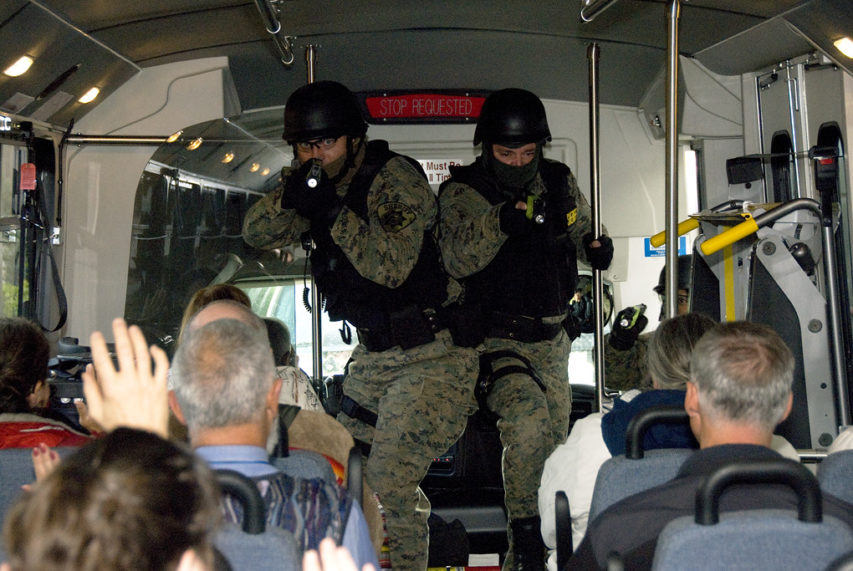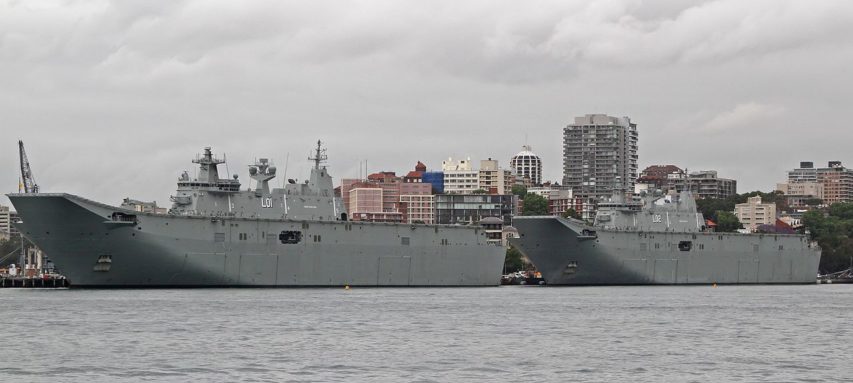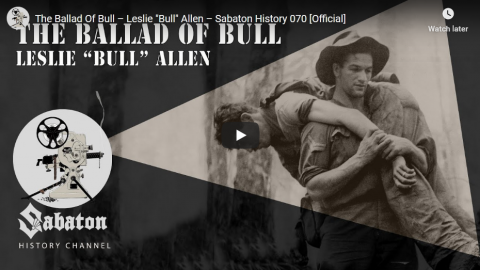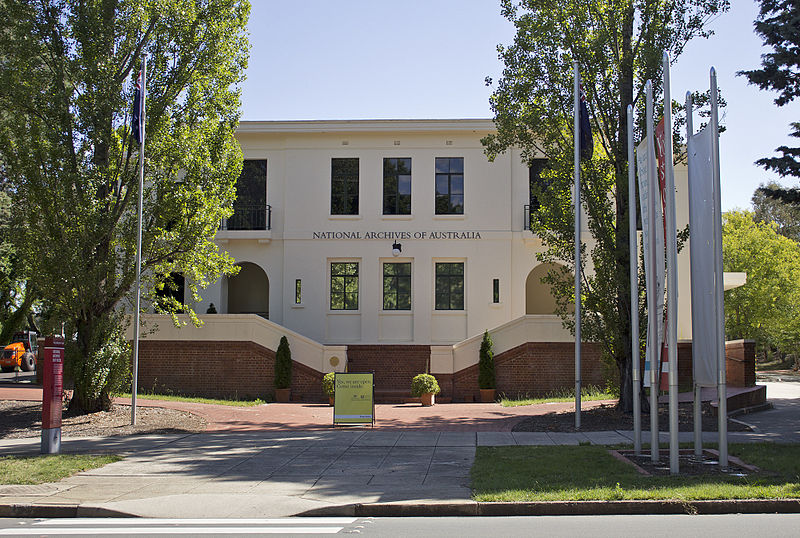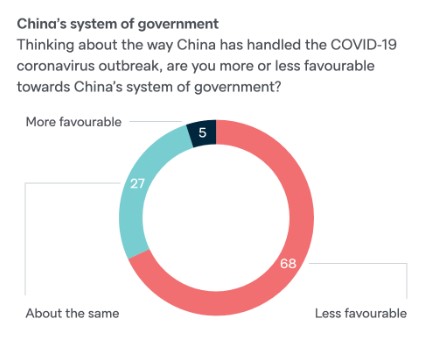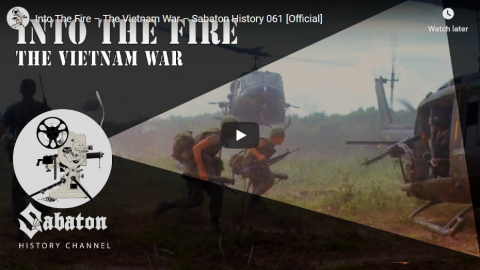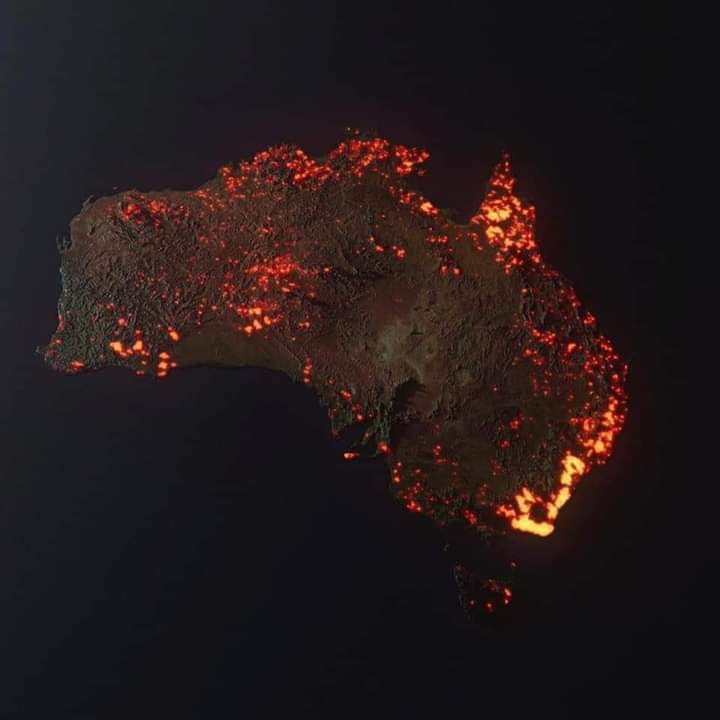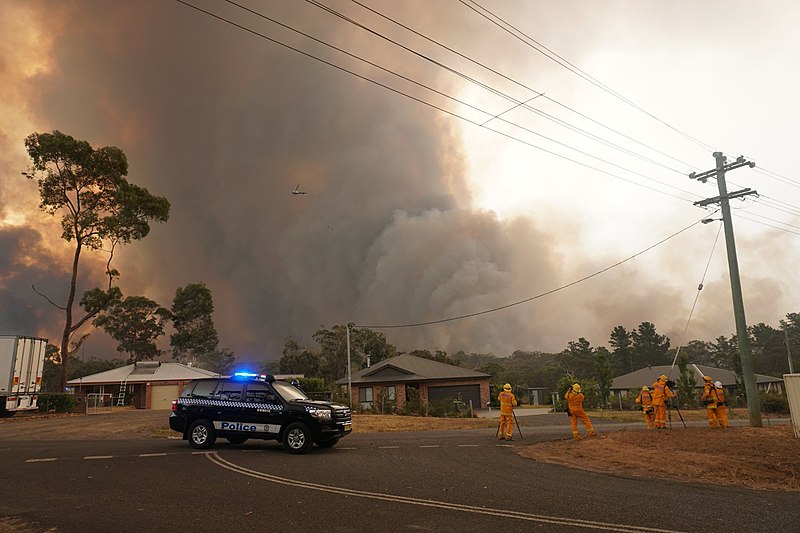Chris Selley lists some of the ethical mire the Trudeau Liberals are wading through, and points out that other countries wouldn’t put up with corrupt sh!t like Canadians do:
Other countries’ prime ministers occasionally have to work at keeping their jobs. Not so much Canada’s. We look down our noses at Australia’s “leadership spills” as unconscionably chaotic, though they have ushered in a new prime minister a grand total of three times in 30 years. If only we had such chaos, PMs might at least be reminded occasionally they aren’t elected emperor in non-negotiable four-year chunks. Instead many of us blanch even at the idea of minority governance. So unstable!
Other countries’ ministers sometimes stand on points of principle, too, and not just over epochal events like the Iraq War or Brexit. Sajid Javid resigned as Britain’s chancellor of the exchequer last year after Prime Minister Boris Johnson insisted on appointing Javid’s senior staff. “No self-respecting minister would accept those terms,” he said. Every Trudeau minister accepts those terms.
There is simply no culture of accountability in Ottawa — not for big stuff and not for small. When Trudeau headed off to Harrington Lake while advising everyone else to hide under the bed, it was considered gauche to complain. The National Post reported this week that Health Minister Patty Hajdu took four round trips in a government jet between Ottawa and Thunder Bay during the lockdown, and Treasury Board President Jean-Yves Duclos was chauffeured six times to and from Quebec City. Ho hum. Another nothingburger.
OK, many conclude, so let’s at least give the Conflict of Interest Act some teeth! Some legislative dentures might be worth a try — though they’re by no means universally appreciated. When the Access to Information, Privacy and Ethics Committee reviewed the Conflict of Interest Act in 2014, some witnesses argued for doing away with financial penalties altogether, on the theory “the strongest sanctions the Commissioner has at her disposal are her moral authority and the power of condemnation.” The current maximum fine of $500 may well be the worst of both worlds: Not only does it offer no deterrent, it brings the law itself into disrepute.
[…]
On Thursday, Deputy Prime Minister Chrystia Freeland said she was “really sorry” about the WE debacle. But she expressed her “full confidence” in the prime minister. In other countries, it might be seen as ominous that she felt it necessary. Here, however, it’s safe to take it at face value. None of us expect much of our politicians, and that’s exactly what we get.

